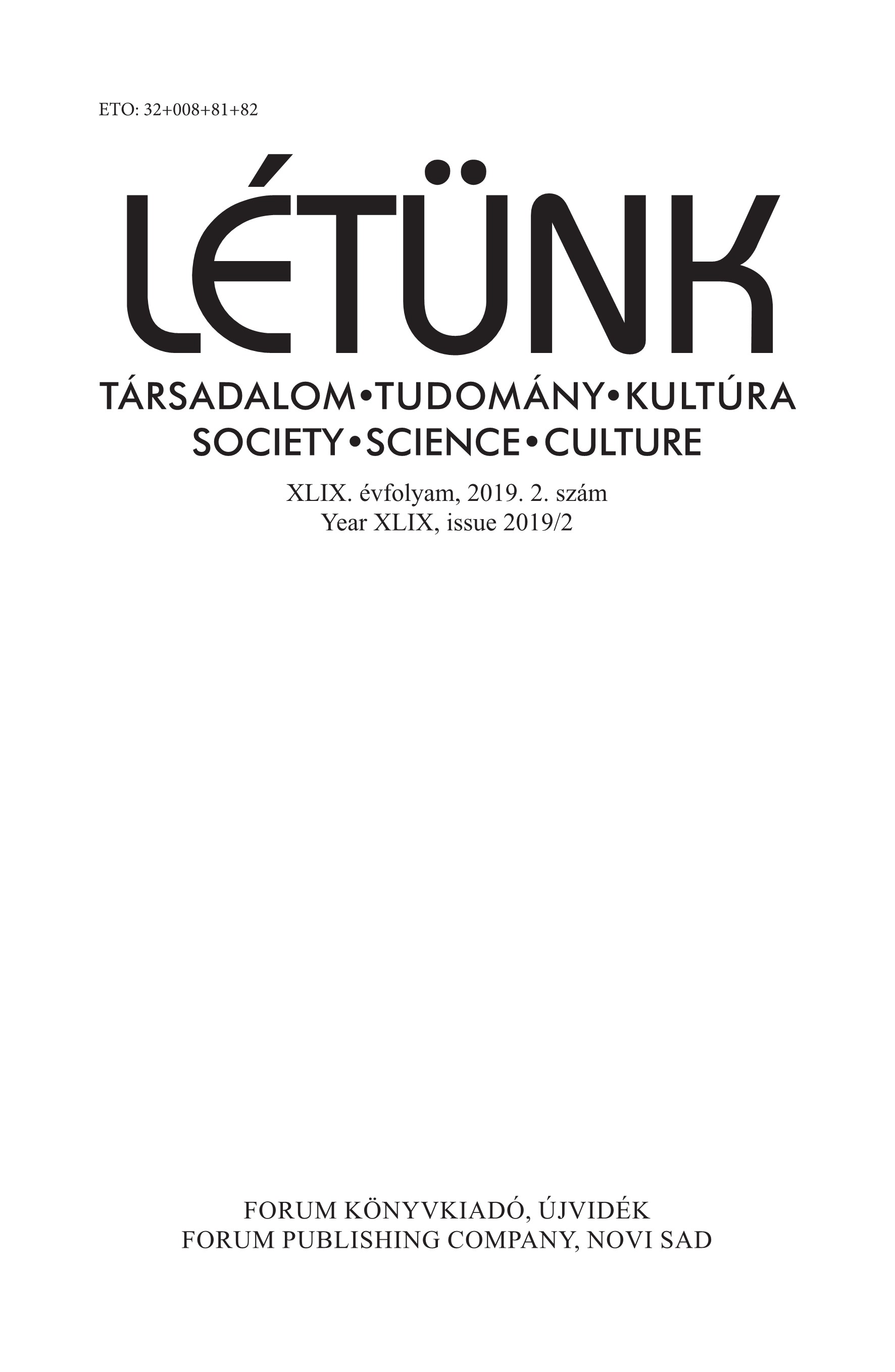A kisebbségi nemzeti tanácsok befolyásának változatai a nemzeti kisebbségi média működésére Szerbiában a jogszabályok tükrében
Influence of national minority councils on the functioning of national minority media in Serbia in light of legal rules
Author(s): Katinka BeretkaSubject(s): Media studies, Ethnic Minorities Studies
Published by: Fórum Könyvkiadó Intézet
Keywords: Serbia; national minority media; national minority council; public media service provider; positive law; Constitutional Court; media-privatization
Summary/Abstract: National minority councils as bodies of cultural self-governance of national communities in Serbia, among others, take care of enforcement of right to information in mother tongue of the represented community. In accordance with the Law on National Minority Councils the councils may establish their own media, participate in management of public media service providers, and perform other relevant activities for the functioning of national minority media. Furthermore, according to the 2009 version of the Law rights of establishment of media founded by the Republic, autonomous province or municipality might be delegated in toto or in parte to national minority councils; but this public authorization, together with other competences of the councils in this field, have been annulled by the Constitutional Court decision during the constitutional review of the Law. In recent years the role of national minority councils in field of information in mother tongue/national minority language has gained weight, especially when the ownership structure of media founded by the Republic, autonomous province and municipality has changed. Because national minority councils as media founders, or through management of public media service providers could (can) influence the functioning of national minority media in Serbia, they might (partially) neutralize harmful effects of media-privatization on national minority media. But due to the mentioned Constitutional Court decision the room for maneuver of the councils in coordination of work of public media service providers has become narrower, and high concentration of rights of establishment in hands of the councils has raised serious concerns about the influence of national minority councils as political bodies on the independence of national minority media. The goal of the paper is both to define national minority media in light of positive law of Serbia and present the most significant legal norms for its functioning, primarily from the aspect of competences of national minority councils, and point out the inconsistencies of the relevant Constitutional Court practice, especially in regard to standards of media pluralism and prohibition of media monopoly.
Journal: Létünk
- Issue Year: XLIX/2019
- Issue No: 2
- Page Range: 81-97
- Page Count: 17
- Language: Hungarian

